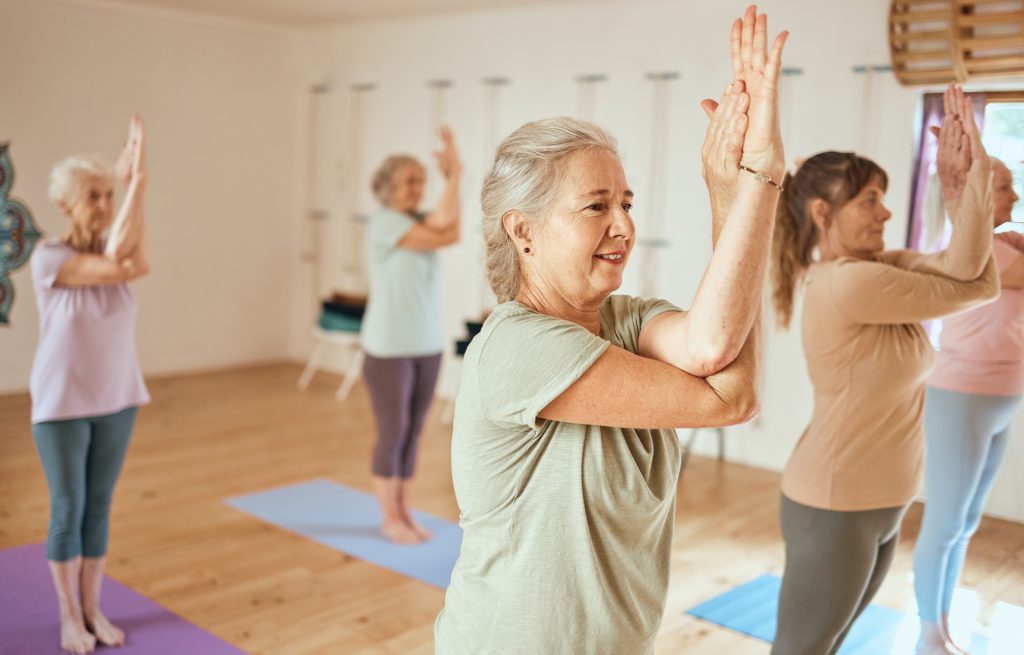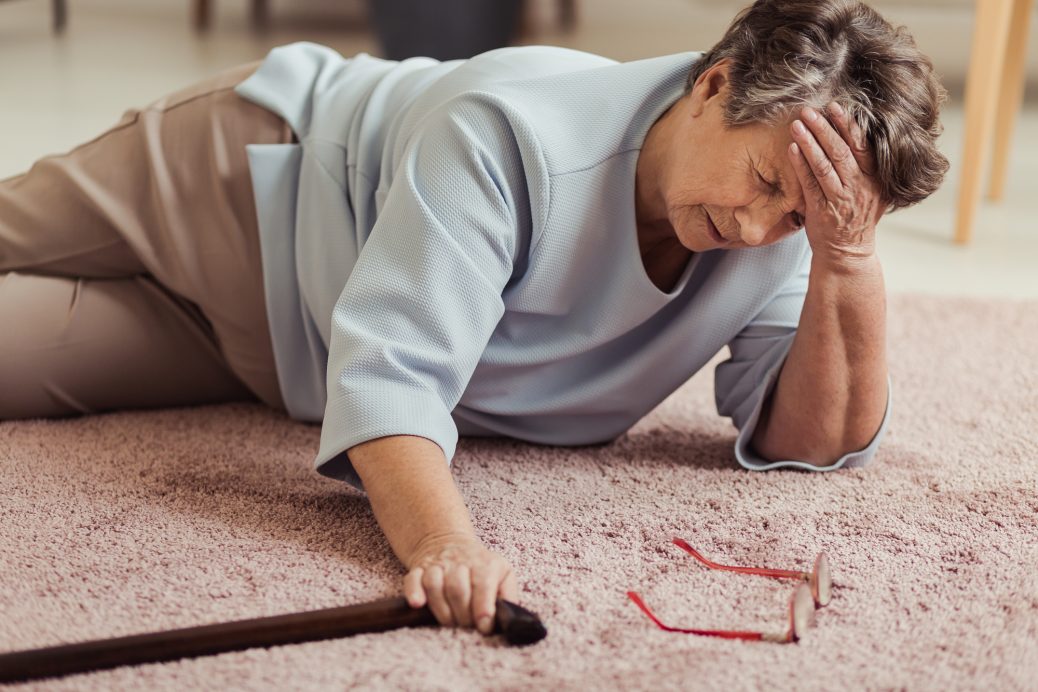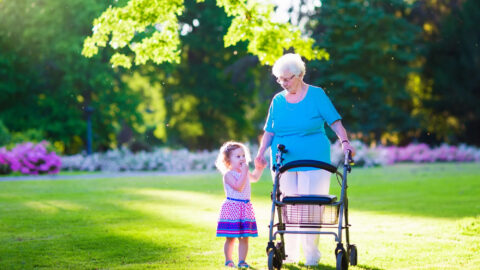Falls are a significant cause of injury and disability among older adults, leading to serious physical, psychological, and financial challenges. Hence, seniors must take proactive steps to ensure their safety and well-being to reduce the risk of falls.
This article provides helpful tips for seniors on exercising safely, managing medications carefully, making their homes safer, and taking other precautions to reduce the risk of falls while maintaining an active and healthy lifestyle.
Fall Prevention Strategies
Fall prevention strategies are important for seniors due to the increased risk of falls due to age-related changes. Here are some of them:
- Get Enough Exercise And Physical Activity
Research has shown that physical activity and workout to reduce falling can help strengthen muscles, increase flexibility, improve coordination, and maintain a healthy weight, which can help reduce the risk of falls among older adults.
For seniors over 65, the National Institute on Aging recommends at least 150 minutes (about two and a half hours) of moderate-intensity aerobic activity every week. This could include walking or biking. Strength training exercises like lifting weights or using resistance bands can also help improve strength and balance.
- Ensure Good Lighting
Good lighting is essential for older adults to maintain independence and reduce fall risk. Ensuring adequate light sources throughout the home, including hallways, bedrooms, bathrooms, and stairwells, is vital. Lights should be bright enough to allow complete visibility of any obstacles or dangers in the way. Additionally, motion sensor lights can be installed near doorways or stairs for an added layer of safety.
Furthermore, it’s also essential to regularly check all light bulbs and replace them when they become dim or burned. It’s recommended that switches be placed at accessible heights to make sure that lights are easy to access.
- Install Grab Bars And Handrails
Installing grab bars and handrails can help older adults maintain their balance and stability.
Grab bars provide support when getting in and out of a bathtub or shower. They should be installed on solid walls to support the user’s weight and at heights that allow easy grasping.
On the one hand, handrails are used along stairways or hallways for extra security when walking. They should be securely attached to walls, with enough space, so as not to interfere with any furniture or other objects in the area.
- Ensure The Right Nutrition and Medication Management
Proper nutrition and medication management can help reduce the risk of falls among older adults by improving their overall health and well-being. They should consume a balanced diet that includes a variety of lean proteins, fruits, vegetables, whole grains, and dairy products to ensure they get all the nutrients they need.
It’s also crucial for seniors to take prescribed medications and keep track of any changes in how they feel after taking new medications or changing doses of existing ones. This will help them determine if any side effects affect their balance or energy levels.
- Address Vision And Hearing Issues
Identifying and addressing vision and hearing issues can be crucial in promoting safety among older adults, as even small changes can increase the risk of falls. Regular check-ups with a healthcare provider are recommended to ensure that any changes in vision or hearing can be detected and addressed.
Generally, eye exams should include tests for glaucoma, cataracts, macular degeneration, and diabetic retinopathy. Hearing tests should consist of questions about hearing speech in various environments. If there’s a problem found during these examinations, corrective lenses or devices such as hearing aids may be prescribed, which could improve vision or hearing to reduce the risk of falling.
- Get Proper Footwear
Proper footwear can be essential in reducing the risk of falls among older adults. Shoes should have non-skid, rubber-soled bottoms and low heels to provide better traction on slippery surfaces. It’s also crucial for seniors to avoid high heels as they increase the risk of falling due to a lack of stability. Furthermore, shoes should fit properly without being too loose or tight; if necessary, adjustable straps or laces can be used to ensure comfort and safety.
- Manage Chronic Conditions
Note that conditions such as heart disease, diabetes, and nerve problems can lead to a fall. Therefore, working with a healthcare provider to manage these conditions is essential to reduce the risk of falling.
Additionally, it’s crucial for older adults to be aware of any medications that could cause side effects, such as dizziness, which may increase their chances of falling. Older adults should talk to their doctor about any concerns regarding medications and whether alternatives are available that won‘t increase the risk of falls.

Conclusion
Fall prevention is essential for seniors, as falls can lead to serious health complications and long-term disability. To reduce the risk of falling, seniors should take appropriate measures such as exercising regularly, managing medications correctly, making their homes safer, and wearing proper footwear.
Additionally, it’s vital for seniors to get regular check-ups with their doctor to monitor any changes in their health status that may increase the risk of falls. Family members and friends should be aware of fall prevention strategies for older adults so that they can support them in taking proactive measures to prevent falls.
By following these tips, seniors can reduce the risk of injury due to a fall and remain active and independent well into old age.














